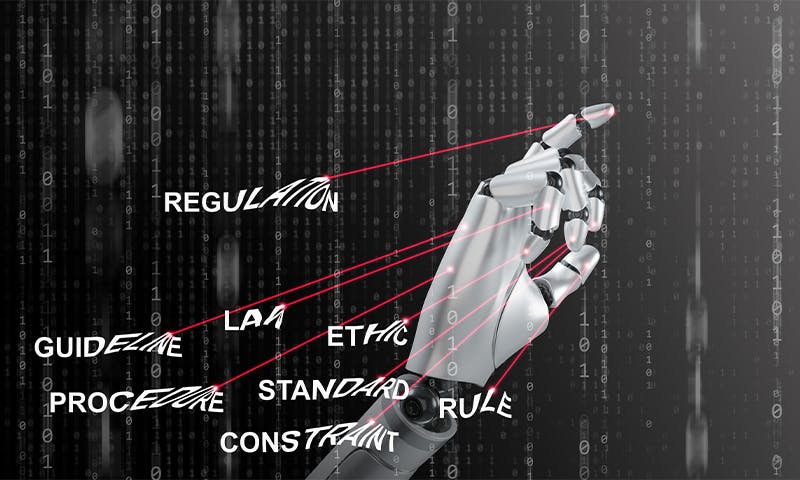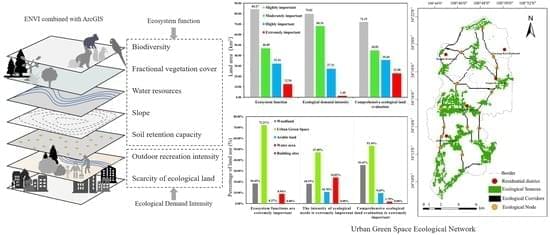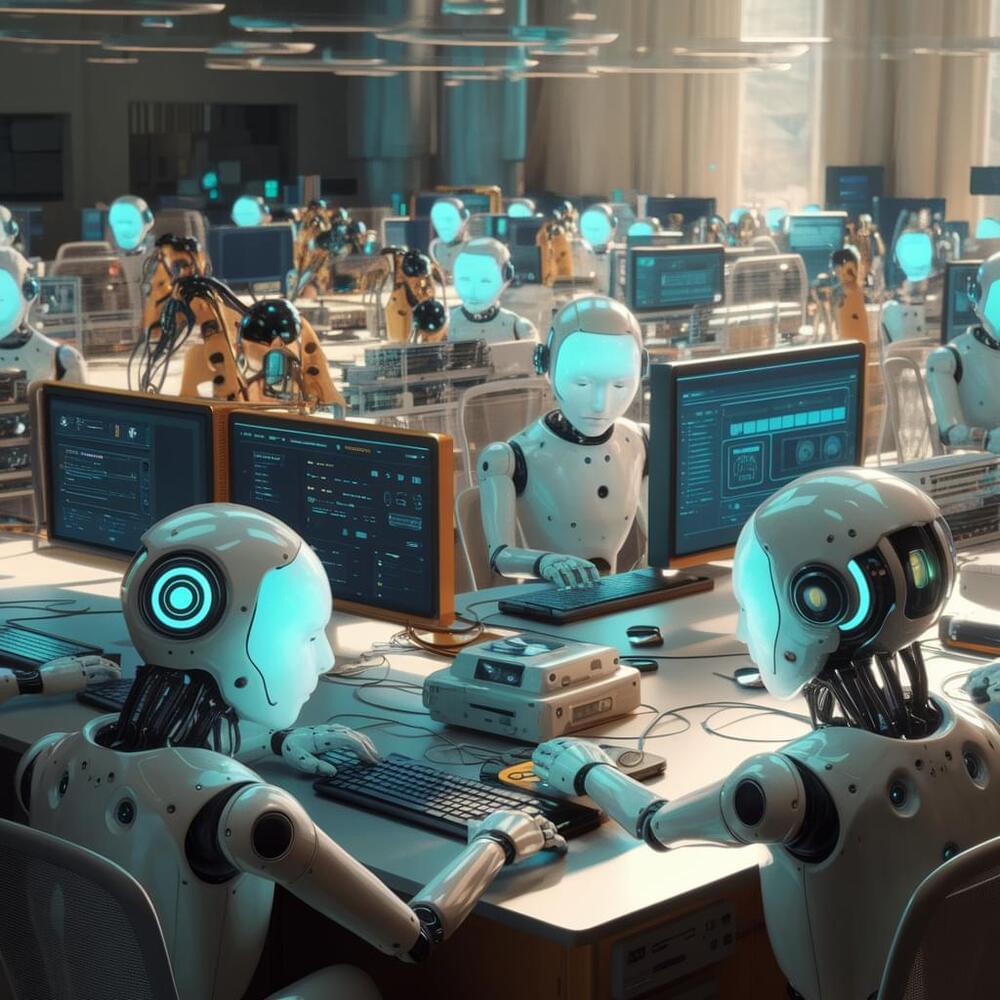“Facial recognition is essential to human interaction, and we were curious about how the brain processes ambiguous or incomplete facial images—especially when they’re hidden from conscious awareness. We believe understanding these mechanisms can shed light on subconscious visual processing,” said study author Makoto Michael Martinsen, a PhD student conducting research under the Visual Perception and Cognition Laboratory and the Cognitive Neurotechnology Laboratory at the Toyohashi University of Technology.
To investigate how the brain processes face-like stimuli unconsciously, the researchers used a method called Continuous Flash Suppression (CFS). In this technique, participants were presented with a dynamic series of high-contrast masking images in one eye while a target image—such as a face-like stimulus—was shown to the other eye. The rapid flashing of the mask suppressed the perception of the target image, rendering it temporarily invisible to the participant. By measuring the time it took for the target image to “break through” the suppression and reach conscious awareness, the researchers could infer how efficiently the brain processed the image.
The study included 24 participants, all university students aged 20 to 24, with normal or corrected-to-normal vision. They were exposed to two types of visual stimuli: grayscale images of faces and binary images resembling faces. These binary images were created using black-and-white contrasts to simulate minimal facial features, such as contours and the general arrangement of facial elements. Each image was presented in both upright and inverted orientations to assess the impact of orientation on recognition.







